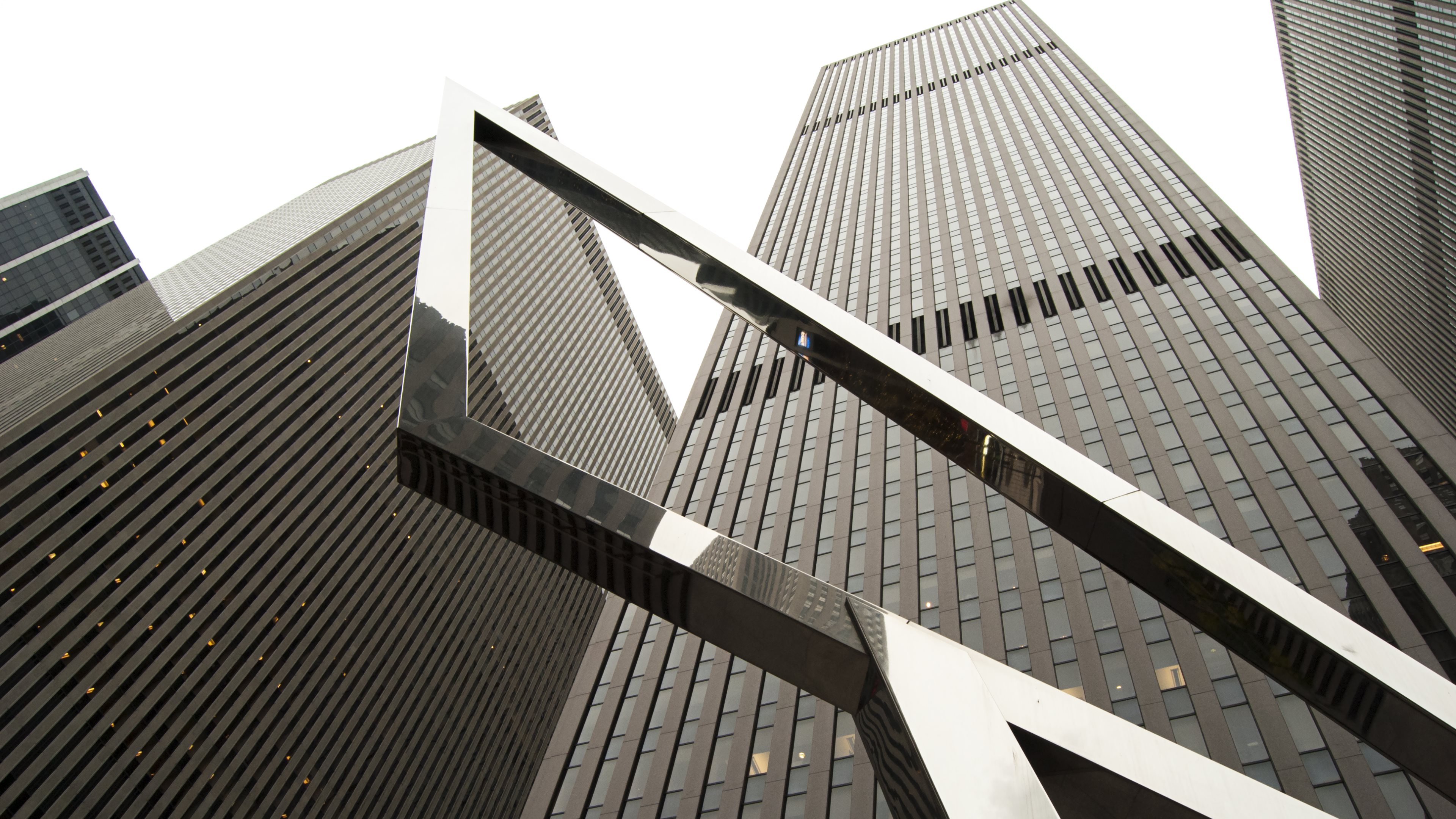Foreign direct investment (FDI) has a major economic impact on the U.S. economy. EB-5 capital is foreign direct investment.
A foreign direct investment (FDI) is an investment made by an entity or a company that is based on one country into a business enterprise based in another country.
How does EB-5 capital or foreign direct investment impact the U.S. economy?
It creates jobs in the U.S. for qualified workers at no cost to U.S. taxpayers. EB-5 applicants invest $1,000,000 minimum into a new commercial enterprise or $500,000 targeted employment area project. Many regional centers offer projects are located in targeted employment areas (TEAs), or rural areas with high unemployment (at least 150% the national average). Although, it is disputed whether or not targeted employment areas are in fact in areas of high unemployment, the fact remains that the EB-5 program does create jobs through direct foreign investment (FDI).
Additionally, EB-5 investments often serves as catalysts for leveraging additional investors and alternate financing options.
This gives developers the opportunity to raise capital to develop larger projects that will ultimately create more jobs, boosting the U.S. economy further.
It’s undeniable that direct foreign investment has a positive impact on the U.S. economy, especially as the U.S. unemployment rate remains high.
What does a foreign direct investment (FDI) give an EB-5 investor?
The EB-5 immigrant investor program is the most flexible of the immigration visa programs. In return for investing a significant amount of capital in an EB-5 project and creating U.S. jobs, successful EB-5 investors receive green card status. This gives EB-5 investors the same benefits a U.S. citizen would have. Unlike other visas, there are no restricting factors like sponsors, travel restrictions, or living restrictions. A spouse and unmarried children under the age of 21 also receive the same benefits under just one EB-5 visa.

Comments